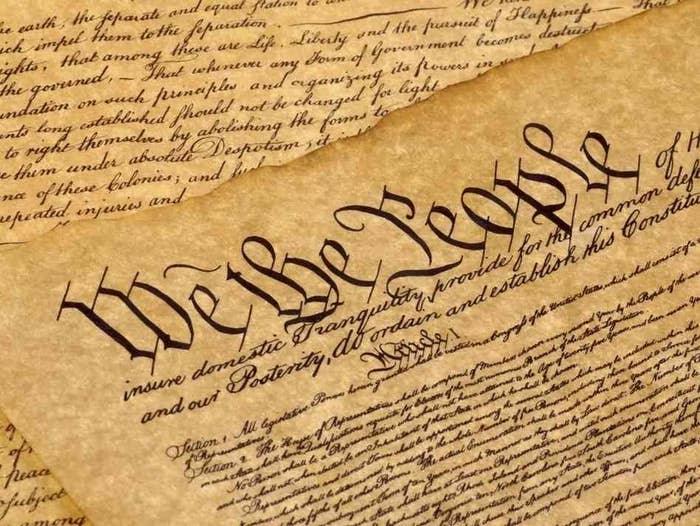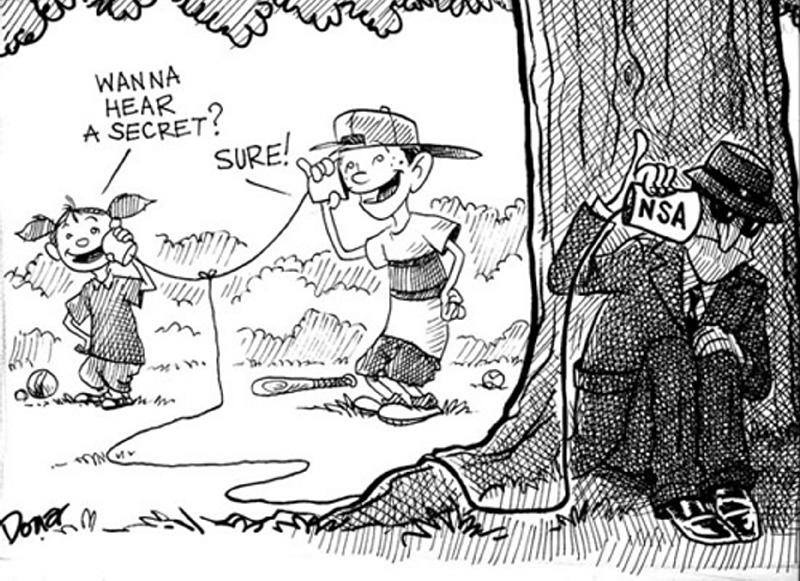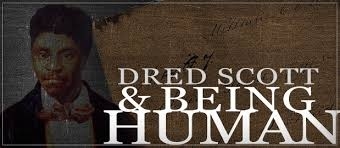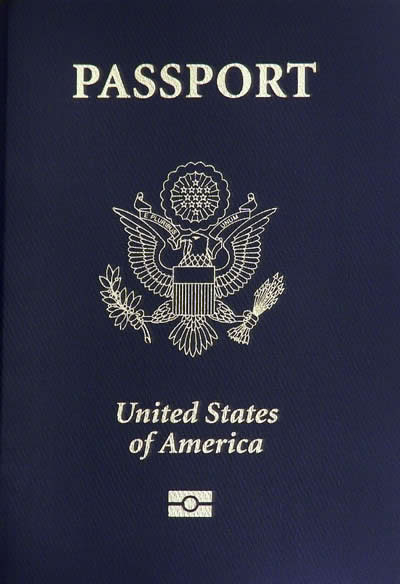Myth # 1

Actuality

This unequivocally and clearly demonstrates that executive Power exclusively belongs to the President. What constitutes executive Power is certainly open to debate, however, any time that we agree as to what exactly defines executive power, we must agree that it belongs to the President.
A clause like this should not cause confusion or uncertainty as to whom executive power is vested. This is not complex. Literally and figuratively, only one person possesses the executive power of the United States. No one else.
Myth #2
Still, some hold steadfast to this belief that the Constitution always requires the President to reach out to Congress for approval, and they deem many executive actions as constitutional overreach.
Specifically, many believe that Congress fundametally deserves some degree of executive privilege and/or oversight (especially when it comes to spying and data).
But wait...that can't be true! Someone has to guard the guards, and someone needs to guard the President--look at Richard Nixon and Watergate!!

Actuality:
With regard to domesting spying, wiretapping, etc. Congress constitutionally created what they call Foreign Intelligence Surveillance Courts (FISA courts) to ensure that the government reasonably exercises surveillance.
In other words, Constitution, Arficle I, Section 8, Clause 9 gives Congress the power to establish courts below the Supreme Court:
"To constitute tribunals inferior to the Supreme Court."
Congress has established the FISA courts.
The Fourth Amendment says that the government needs warrants to conduct searches.
FISA courts issue warrants.
There is NOTHING requiring court records to be public information.
Still, many want there to exist independent prosecutors that can jail Executive Branch officials for wrongdoing.
This type of thinking endangers the Republic. The logic of this seemingly obvious idea is bitterly and utterly destroyed in a dissent by Justice Scalia in a case called Morrison v. Olson (1988)
The Bush Administration challenged the very conception of executive oversight as Scalia made a prescient prediction. Background: Congress passed a law that created an independent counsel to investigate legal mishaps in the executive branch. If convicted, Executive officials could go to jail. Everyone on the Court but Scalia said it was cool.
But Scalia argued that criminal prosecution is an exercise of "purely executive power" as guaranteed in the Constitution (you know that whole one person gets the executive privilege I just mentioned)
He also claimed that the law deprived the President of "exclusive control" of that power. Scalia also predicted how the law might be abused in practice, writing, "I fear the Court has permanently encumbered the Republic with an institution that will do it great harm."
Most importantly, he said that the independent counsel would be used as a partisan tool at some point.
He was proven right by that whole Kenneth Starr using 40 million dollars investigating Bill Clinton's sex life.

Myth # 3:

Actuality

Myth #4:

Actuality

Str8 up facts:
At the end of the day, even though people claim that they have a right to privacy that should prevent the government from accessing data, be it in bulk or individually, everyone forgets that nothing communicated electronically is private in the first place.
Private companies like Verizona, Google, and even Facebook have the ability to view or discern whatever communication that may be.
So...we cannot actually be mad that our information is no longer private, because in many ways, it never really was. But to get mad at the government's knowledge of our technological activity simply means that there is another group of people that has access to our data. Even if you try to say, well, the government could never open our mail and read it...so they shouldn't be able to read our email!
That's the point. No one could read your mail without opening it. At the point at which we know that private companies have access to this information, we have to concede that the information is no longer private.
Myth #5

Actuality


